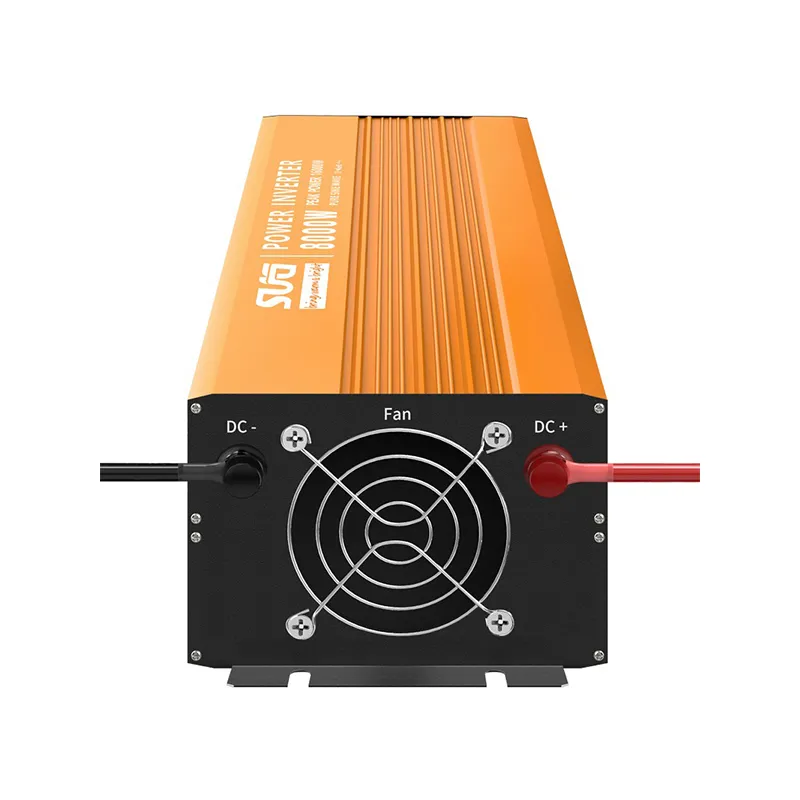Exploring Sustainable Off-Grid Electricity Solutions for Remote Living and Energy Independence
Exploring Off-Grid Electricity Options for Sustainable Living
As the world grapples with the challenges of climate change and diminishing natural resources, more individuals and communities are seeking alternative solutions for their energy needs. Off-grid electricity options have emerged as viable and sustainable alternatives for those looking to break free from traditional utility dependence. This article explores the various off-grid electricity solutions, their benefits, and considerations for implementation.
Understanding Off-Grid Electricity
Off-grid electricity refers to energy systems that operate independently of the traditional utility grid. These systems allow users to generate, store, and use their own electricity, creating self-sufficiency and reducing reliance on fossil fuels. Off-grid systems can be particularly beneficial in remote areas where extending the grid is economically unfeasible or in regions where reliability of the grid is an issue.
Types of Off-Grid Electricity Solutions
Several technologies and approaches can be utilized to achieve an off-grid power supply
1. Solar Power Solar energy is one of the most popular off-grid electricity options. Photovoltaic (PV) panels can be installed on rooftops or in open areas to capture sunlight and convert it into electricity. When paired with battery storage systems, solar power can provide a continuous energy supply, even during cloudy days or at night. Advances in solar technology have led to more efficient panels and affordable prices, making solar an accessible choice for many.
2. Wind Energy Wind turbines harness the wind's kinetic energy to generate electricity. Small-scale wind turbines can be installed on residential properties or community land. The feasibility of wind energy depends on local wind patterns; thus, site assessment is crucial. When combined with solar systems, wind energy can complement solar generation, particularly in regions where winds are stronger during different seasons.
3. Hydro Power For those living near flowing water sources, micro-hydro systems can be an excellent off-grid option. These systems use the flow of water to turn turbines, generating electricity continuously. Although the setup can be more complex and may require regulatory approvals, micro-hydro systems can provide reliable baseload power.
off grid electricity options

4. Biomass Biomass energy utilizes organic materials, such as agricultural waste or wood pellets, to produce electricity. While it differs from conventional electricity generation methods, it can be a sustainable option, especially in rural areas where waste materials are abundant. Biomass systems can also provide both heat and power, enhancing overall energy efficiency.
5. Backup Generators While not a primary off-grid solution, backup generators powered by gasoline, diesel, or propane can complement renewable sources, ensuring a steady electricity supply during periods of low generation. However, their reliance on fossil fuels should be considered for sustainable living.
Benefits of Off-Grid Solutions
Off-grid electricity options offer several advantages, including
- Energy Independence Users gain control over their energy sources, reducing vulnerability to energy market fluctuations and supply disruptions. - Environmental Impact Utilizing renewable energy sources significantly decreases carbon footprints and contributes to a more sustainable future. - Cost Savings Although the initial investment may be higher, over time, off-grid systems can reduce or eliminate electricity bills and eliminate the costs associated with grid maintenance. - Increased Resilience Off-grid systems can enhance resilience to natural disasters or grid failures by ensuring continuous energy supply.
Considerations for Off-Grid Systems
Before transitioning to an off-grid electricity system, individuals and communities should consider the following
- Energy Needs Assessment Understanding current and future energy requirements is crucial to determine the appropriate system size and type. - Local Regulations It's essential to be aware of local zoning laws and regulations that may impact the installation and operation of off-grid systems. - Initial Costs and Financing Options While off-grid systems can provide long-term savings, the upfront costs may be significant. Researching available grants, tax incentives, or financing options can help mitigate this barrier. - Maintenance and Technical Skills Owners should be prepared for ongoing maintenance and should consider their technical skills or the availability of support in their community.
In conclusion, off-grid electricity options present an exciting opportunity for individuals and communities to embrace sustainability and energy independence. By harnessing natural resources like solar, wind, hydro, and biomass, users can reduce their environmental impact while enjoying the resilience of a self-sufficient energy system. Transitioning to off-grid living requires careful planning but ultimately can lead to a more sustainable and empowered lifestyle.
-
String Solar Inverter: The High-Efficiency Solution for Smart Solar EnergyNewsJul.14,2025
-
Revolutionizing Rooftop Energy with the Power of the Micro Solar InverterNewsJul.14,2025
-
Power Independence with Smart Off Grid Solar Inverter SolutionsNewsJul.14,2025
-
On Grid Solar Inverter: Powering the Future with Smart Grid IntegrationNewsJul.14,2025
-
Monocrystalline Solar Panels: High-Efficiency Power for the Future of Clean EnergyNewsJul.14,2025
-
Bifacial Solar Panel: A Smarter Investment for Next-Generation Energy SystemsNewsJul.14,2025







